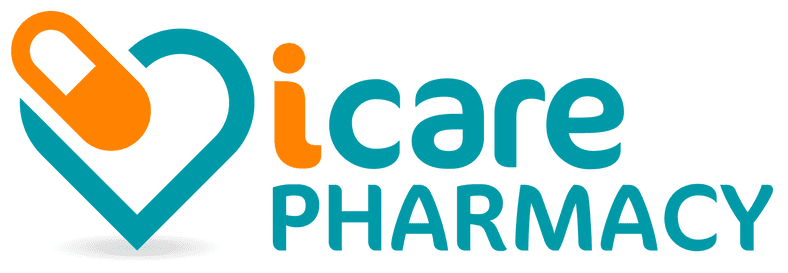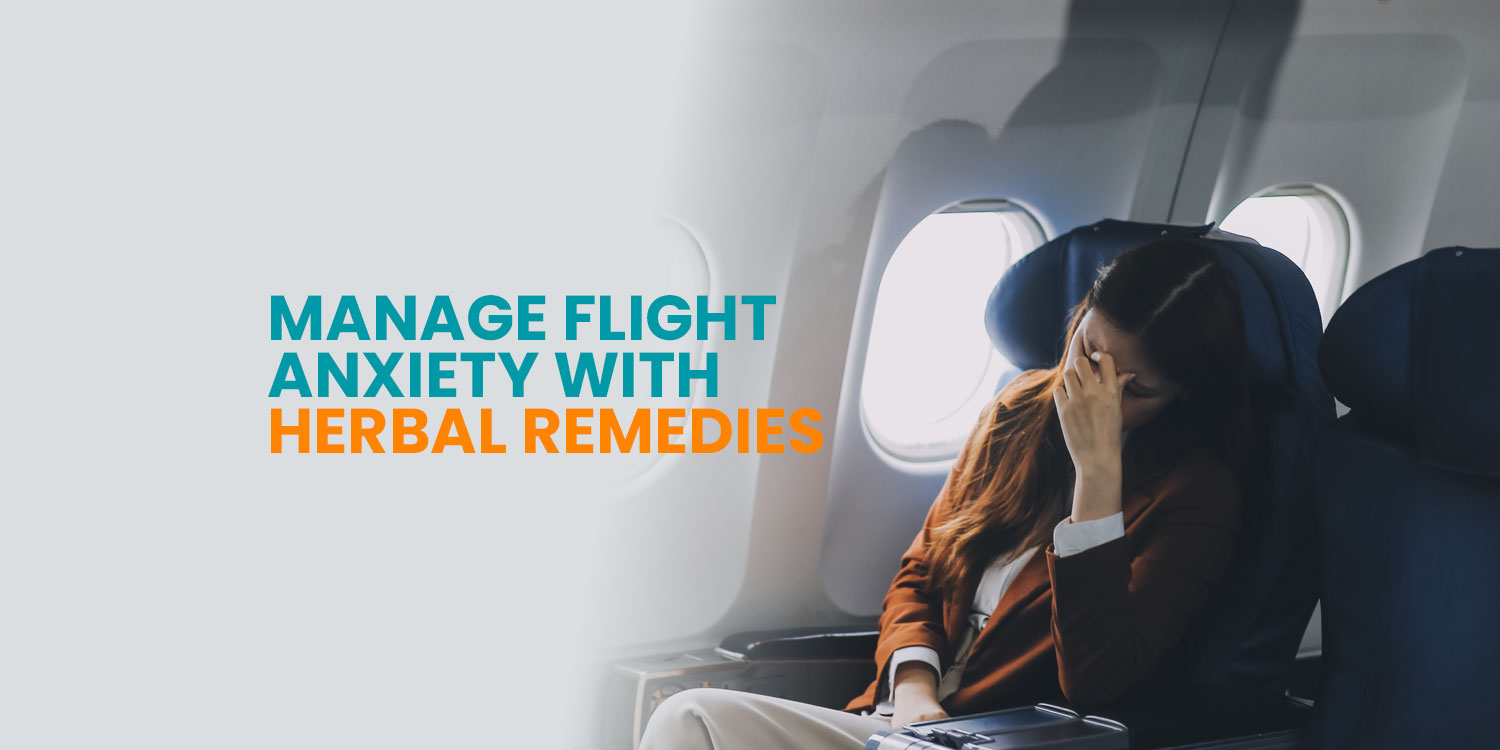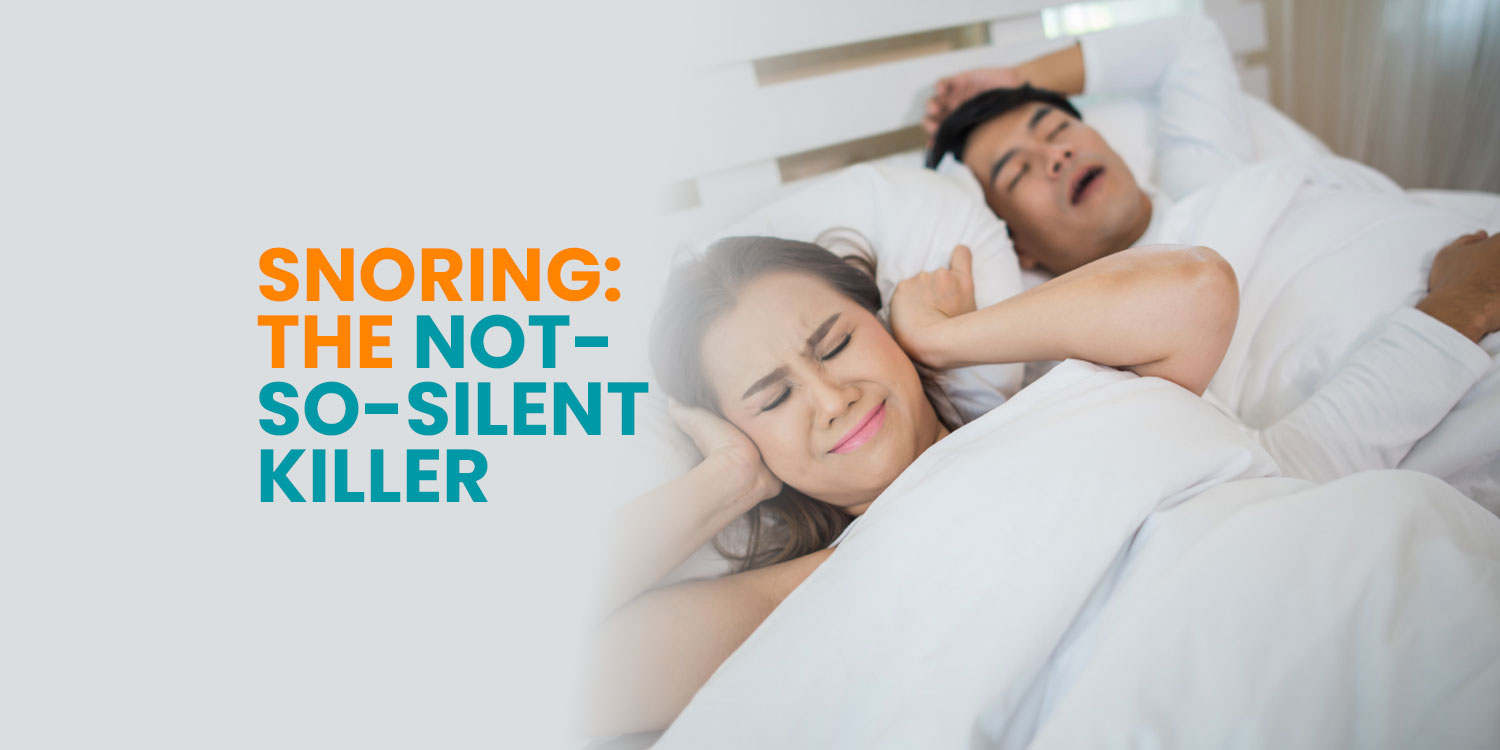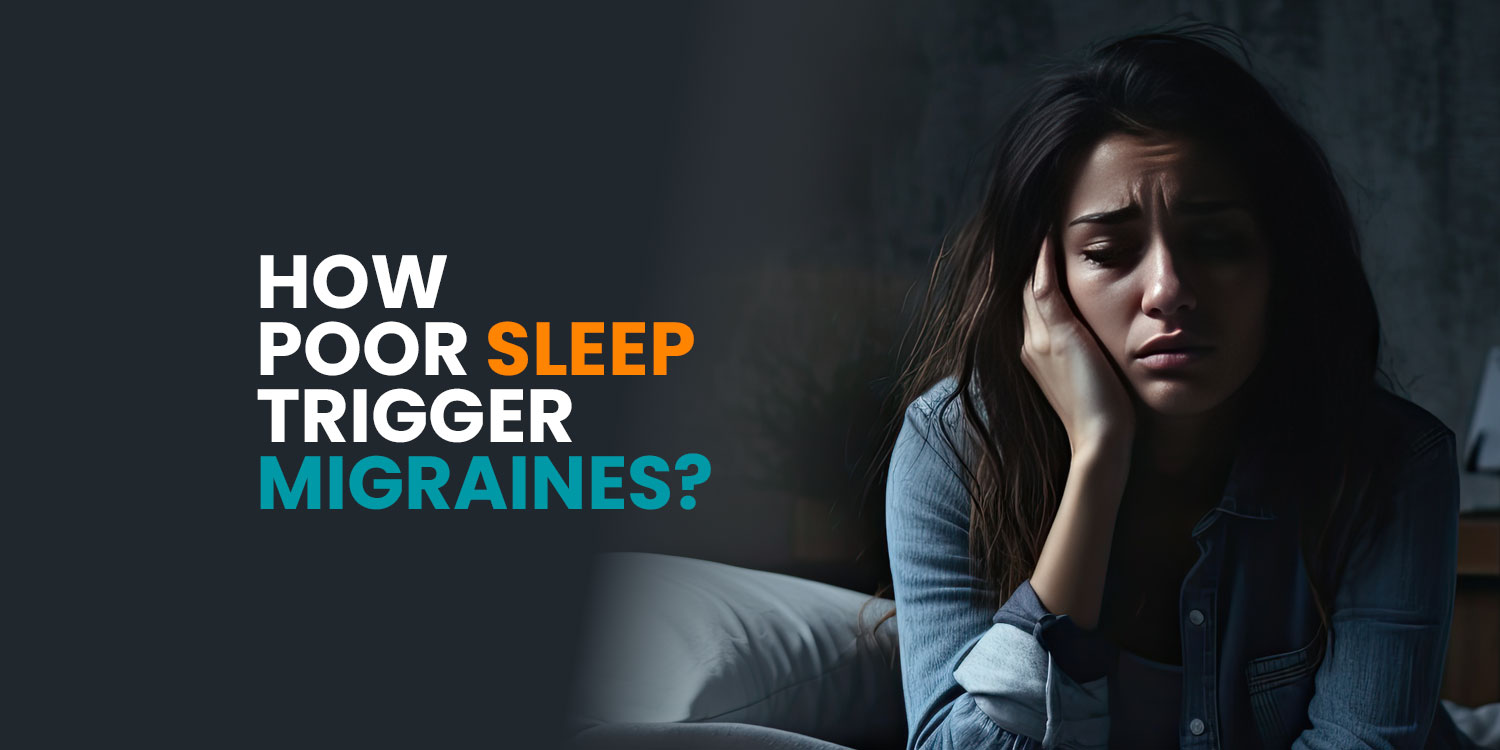How to Manage Flight Anxiety with Medications and Herbal Remedies
Flying can be an exciting experience, but for many people, it can also be a source of stress and anxiety. Whether it’s the fear of turbulence, claustrophobia, or general nervousness about being in the air, flight anxiety is common. Fortunately, several medications and natural remedies can help ease anxiety and make your journey more comfortable. Here’s a look at some of the most effective options.
1. Melatonin: A Natural Sleep Aid
Melatonin is a hormone that helps regulate sleep-wake cycles. For anxious travelers, melatonin can be beneficial, especially on long flights where adjusting to different time zones is a concern (Ferracioli-Oda et al., 2013).
- Helps promote sleep without causing grogginess the next day.
- Works best when taken 30–60 minutes before you want to sleep.
- Available in various doses (commonly 3–10 mg) over the counter.

2. Valerian Root: A Herbal Relaxant
Valerian root is a natural herb known for its calming and sedative effects. It has been used for centuries to relieve anxiety and promote relaxation (Miyasaka et al., 2006).
- Works by increasing levels of GABA (a neurotransmitter that helps with relaxation).
- Best taken 30 minutes to an hour before a flight.
- Can be consumed as a tea, capsule, or tincture.
- May cause mild drowsiness, so it’s important to test it before your flight
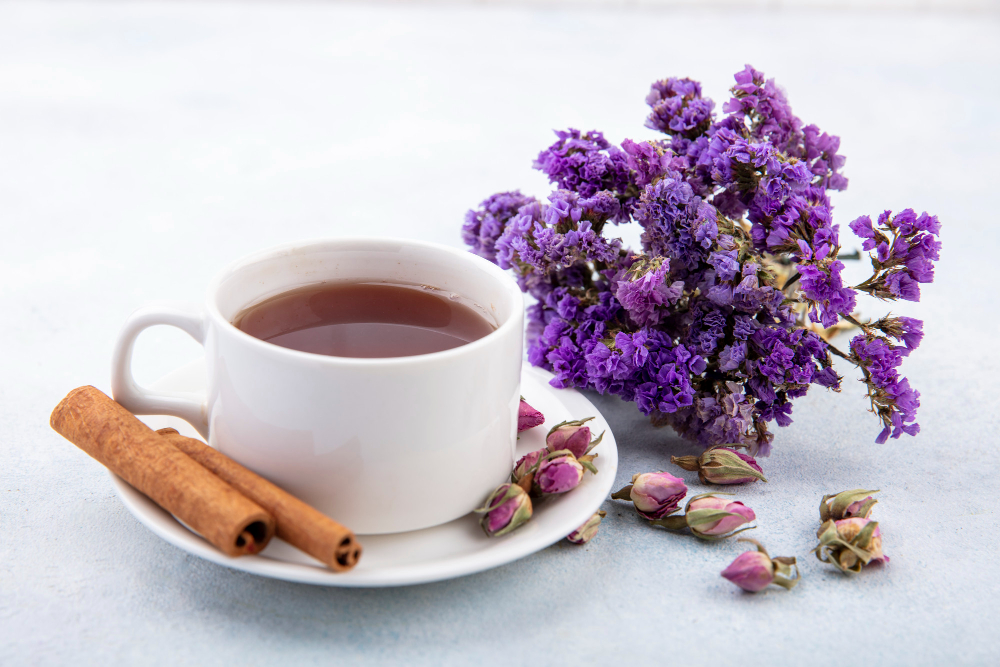
3. Prescription Medications: Fast-Acting Anxiety Relief
For those with severe flight anxiety, prescription medications can be a reliable option. Consult a doctor before use.
- Lorazepam (Ativan): A benzodiazepine that provides rapid anxiety relief. Taken 30–60 minutes before flying, it helps relax the mind and body (Nutt & Malizia, 2001).
- Alprazolam (Xanax): Another benzodiazepine that works similarly but is often prescribed for shorter-term anxiety relief.
- Diazepam (Valium): A long-acting benzodiazepine that may be prescribed for flight anxiety.
These medications can cause drowsiness, so avoid alcohol and be mindful of dosage.
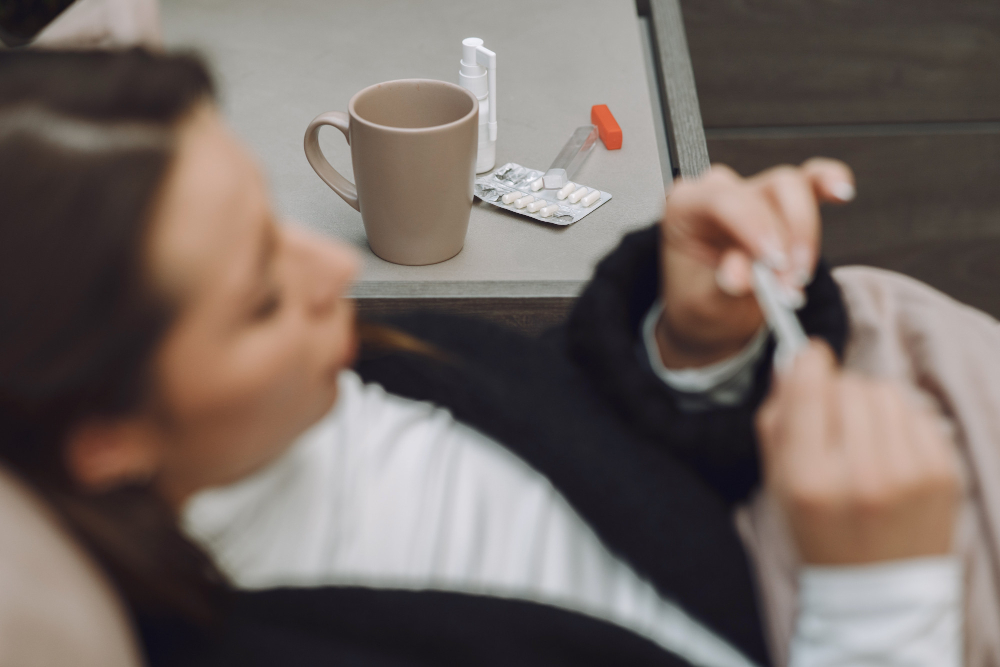
4. CBD Oil: A Non-Psychoactive Alternative
Cannabidiol (CBD) has gained popularity for its calming effects without the high associated with THC.
- Helps reduce anxiety and promote relaxation (Blessing et al., 2015).
- Available as tinctures, gummies, or capsules.
- Ensure that CBD is legal in both your departure and arrival destinations.

5. Magnesium Supplements: A Natural Muscle Relaxer
Magnesium plays a role in muscle relaxation and nervous system function.
- Can help ease physical tension and mild anxiety (Boyle et al., 2017).
- Available in pill, powder, or liquid form.
- Works best when taken regularly before the flight.
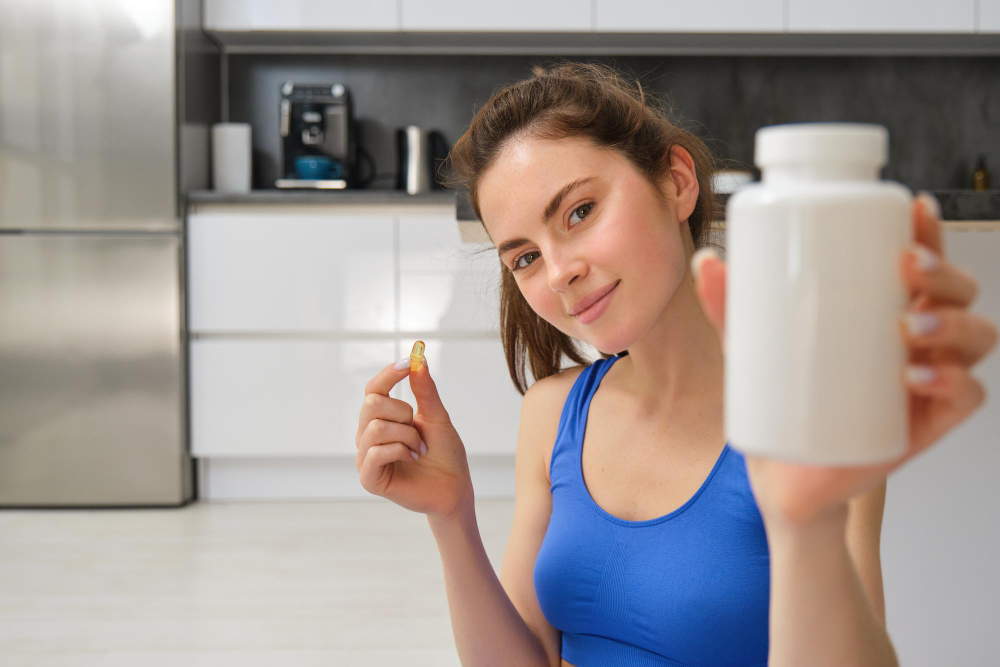
6. Rescue Remedy: A Homeopathic Option
Bach’s Rescue Remedy is a blend of flower extracts designed to reduce stress and promote relaxation.
- Available in drops, sprays, and pastilles.
- A good alternative for those looking for a non-medicated solution (Ernst, 2002).
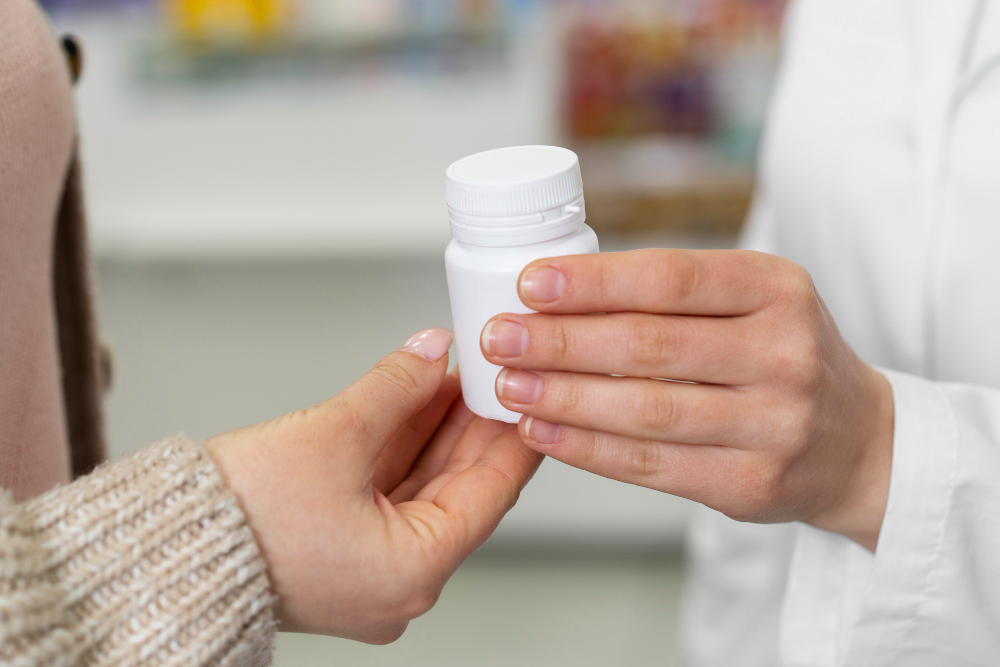
7. Tips for Safe Medication Use While Traveling
- Always consult a doctor before taking prescription medications.
- Start with a low dose of any new supplement to see how your body reacts.
- Keep medications in their original packaging, especially when traveling internationally.
- Avoid mixing medications with alcohol or caffeine, as they can worsen side effects.
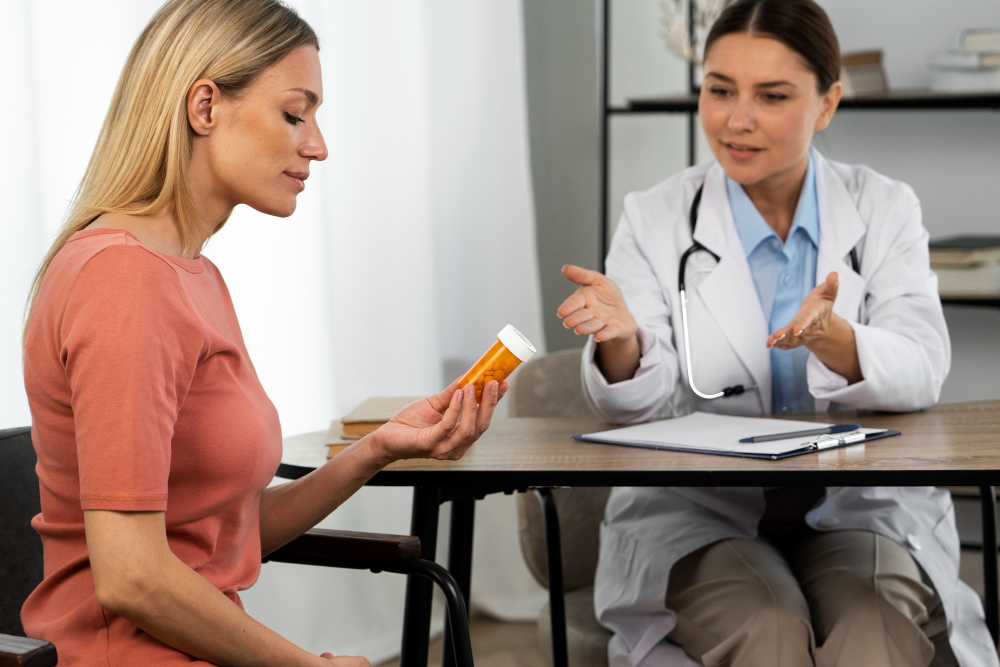
Final Thoughts
Flight anxiety can be managed effectively with the right combination of medication and herbal remedies. Whether you prefer natural options like valerian root and melatonin or require prescription medications like Ativan, there are solutions to help make flying a calmer experience. Always consult a healthcare professional before taking any new medication, and experiment with natural options ahead of time to ensure they work for you. With the right approach, you can enjoy a stress-free flight and focus on your destination rather than your anxiety
References
Blessing, E. M., Steenkamp, M. M., Manzanares, J., & Marmar, C. R. (2015). Cannabidiol as a potential treatment for anxiety disorders. Neurotherapeutics, 12(4), 825–836. https://doi.org/10.1007/s13311-015-0387-1
Boyle, N. B., Lawton, C., & Dye, L. (2017). The effects of magnesium supplementation on subjective anxiety and stress—A systematic review. Nutrients, 9(5), 429. https://doi.org/10.3390/nu9050429
Ernst, E. (2002). Flower remedies: A systematic review of the clinical evidence. Wiener Klinische Wochenschrift, 114(23-24), 963–966.
Ferracioli-Oda, E., Qawasmi, A., & Bloch, M. H. (2013). Meta-analysis: Melatonin for the treatment of primary sleep disorders. PLoS One, 8(5), e63773. https://doi.org/10.1371/journal.pone.0063773
Miyasaka, L. S., Atallah, Á. N., & Soares, B. G. (2006). Valerian for anxiety disorders. Cochrane Database of Systematic Reviews, 2006(4), CD004515. https://doi.org/10.1002/14651858.CD004515.pub2
Nutt, D. J., & Malizia, A. L. (2001). New insights into the role of the GABA(A)-benzodiazepine receptor in psychiatric disorder. British Journal of Psychiatry, 179, 390–396. https://doi.org/10.1192/bjp.179.5.390
